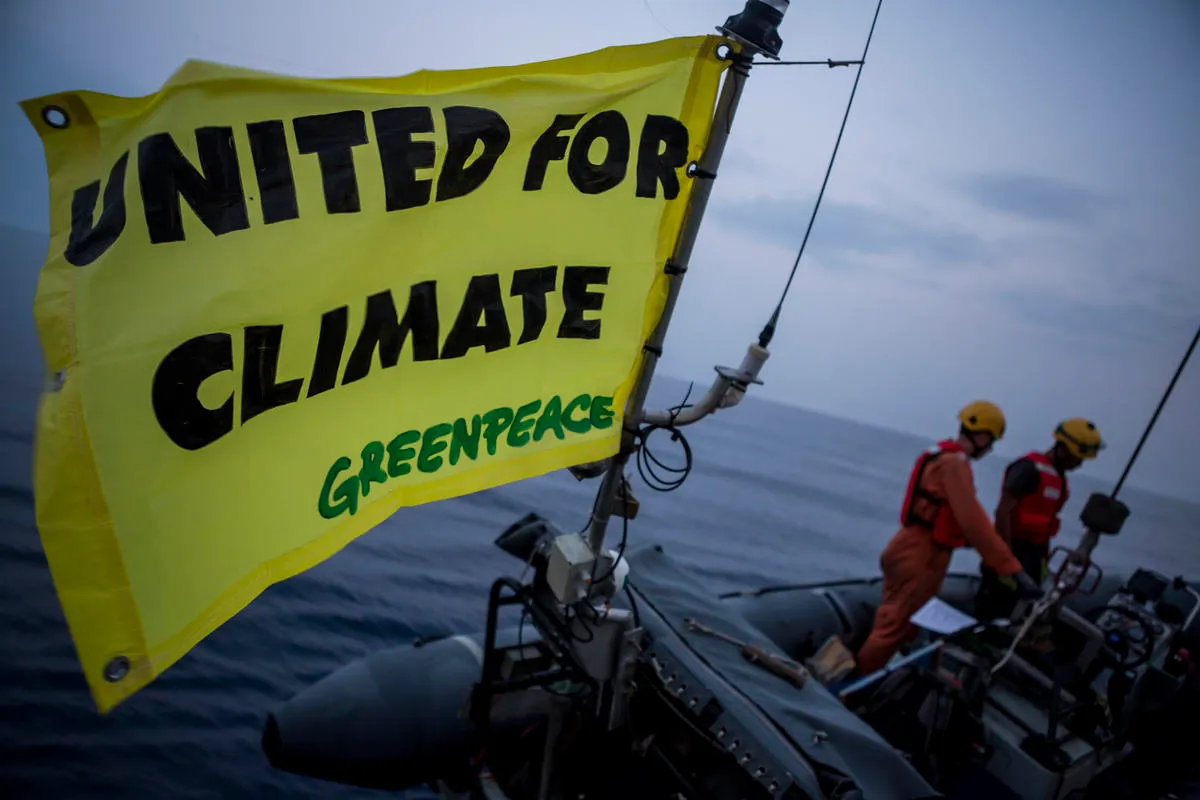Table of Contents
Peter Allan Williams
Writer and broadcaster for half a century. Now watching from the sidelines, although verbalising thoughts on www.reality check.radio three days a week.
peterallanwilliams.substack.com
The last day of parliament this past week was briefly interrupted by Greenpeace protestors who dangled a banner over the balustrade in the public gallery which said, “Too many cows, Climate Action Now.”
The protestors were removed from the gallery on the instructions of the Speaker and have been trespassed from Parliament for two years. They want to advocate for a “climate election”.
Frankly, they’re pushing it up hill, because New Zealanders rank climate change as a not overly important issue in this election. According to the Ipsos Issues Monitor published in June, where those surveyed were asked about the top three issues facing New Zealand today, 63 per cent said inflation and the cost of living is the major issue.
Crime and law and order placed second on 40 per cent. Healthcare and housing tied for third on 31 per cent and climate change came in fifth at 23 per cent.
So the issue arousing the ire of the protestors at Parliament and on various roads around the capital in the last few days is quite a way down the list of importance.
But seeing as how Greenpeace calls dairy farming “industrial” and accuses it of all sorts of environmental crimes and being “our worst polluter”, how about a few facts?
Number 1: New Zealand dairy production is the most emissions efficient in the world. According to AgResearch, New Zealand farms produce 0.77 kilograms of CO2 equivalent per kilogram of fat and protein corrected milk, (FPCM) which is 46 per cent below the average of 18 countries surveyed.
By comparison, Uruguay is second on the list at 0.85kg CO2e/kgFPCM.
Number 2: the IPCC says the impact of methane, the gas emitted by ruminant animals such as dairy cows, on global surface temperatures has been overstated by up to 400 per cent.
It’s all there on page 1016 in Chapter 7 of the IPCC’s sixth Assessment Report, the AR6, easily accessible online.
It reads “expressing methane emissions as CO2 equivalent emissions using GWP100 overstates the effect of constant methane emissions on global surface temperature by a factor 3 to 4”.
(GWP100 is jargon for the Global Warming Potential of a greenhouse gas, compared to CO2, over 100 years)
So according to the Holy Grail of climate science, the IPCC, methane’s impact on global temperature has been overstated by 300 to 400 per cent.
What more evidence do you need that New Zealand dairy farmers are being hammered for not much at all?
Just to reinforce that, the University of California at Davis says that if livestock herd numbers are not increasing, which they are not in New Zealand, there is no additional warming coming from livestock.
Remember also that methane makes up 1.7 parts per million of the atmosphere or 0.017 per cent, compared to CO2’s 420 ppm, and that 78 per cent of the atmosphere’s natural methane emissions are caused by wetlands.
So if you think New Zealand dairy cow emissions are having any impact at all on the world’s climate, then I have a calculator I can sell you. You can use it to work out the miniscule fraction of a per cent New Zealand’s animals contribute to the atmosphere’s irrelevant gas, methane.
(A clue: it is approximately 0.0000285 per cent)
The Greenpeace protestors in Parliament this past week were an insult to New Zealand and the economic benefit this country derives from exporting dairy products.
A two-year ban is the least they should have been slapped with.









